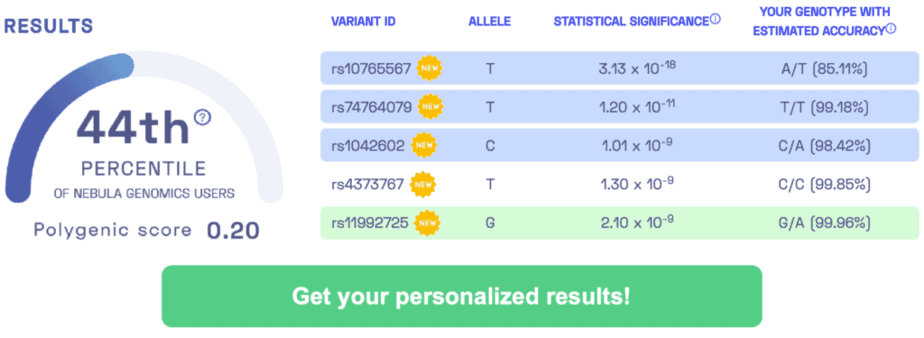STUDY TITLE: Genome-wide association study of cerebral small vessel disease (CSVD) reveals established and novel loci
SUMMARY: Identification of novel genetic variants linked to cerebral small vessel disease, which can cause a variety of cognitive symptoms.
DESCRIPTION: Cerebral small vessel disease (CSVD) describes a variety of conditions related to abnormalities or damage to small blood vessels within the brain. Some of the most common conditions are small vessel ischaemic strokes, a result of hardened blood vessels, and intracerebral hemorrhage, which occurs when blood vessels in the brain burst. CSVD generally results in cognitive decline, movement disorders, and can lead to depression. Few genetic variants that correlate with the development of CSVD have been found. This genome-wide association study assesses the genetic data of more than 240,000 people to better determine genetic factors that may contribute to the risk of CSVD. Multiple novel variants were discovered, some that have previously been linked to brain and blood vessel disorders. For example, the PMF1 gene is associated with a breakdown of the blood-brain barrier that protects our brains, and the COL4A2 gene is associated with cells that form a layer on the inner surface of the brain’s blood vessels and help regulate blood flow.
DID YOU KNOW? Lowering your blood pressure may help prevent many types of cardiovascular diseases, including CSVD. Some preventative measures include regular exercise, a healthy diet, and taking prescribed blood pressure medications. [SOURCE]
SAMPLE RESULTS: Learn more about the Nebula Research Library.

CSVD-ASSOCIATED VARIANTS: rs9515201, rs72932727, rs2758605
ADDITIONAL RESOURCES:
Cerebral Small Vessel Disease
Circulatory System in the Brain
WEEKLY UPDATE: August 30, 2019
